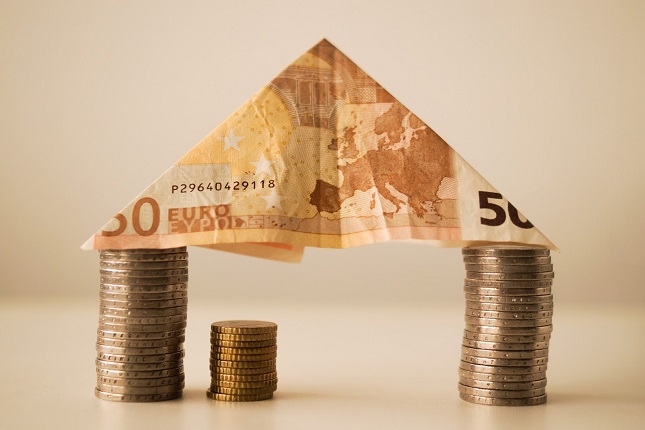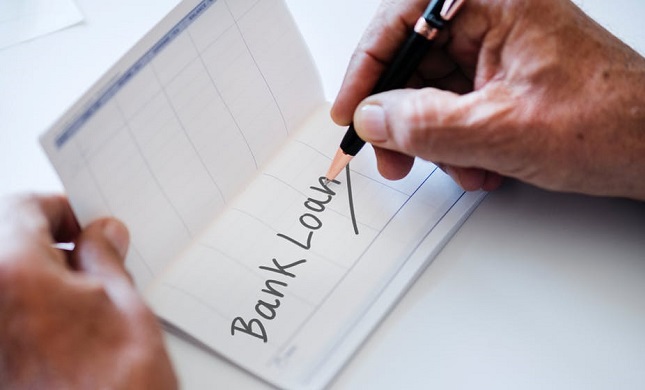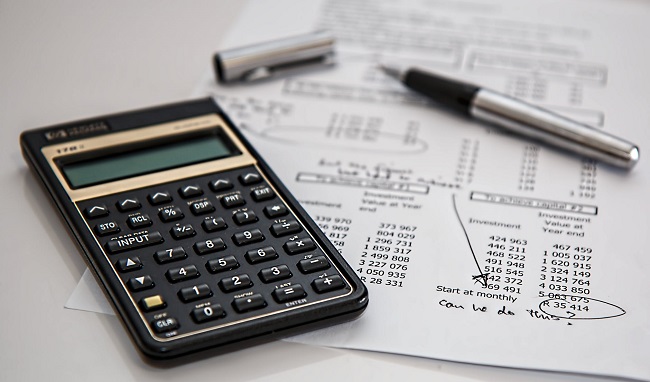An awful lot of us are bad with money. When we’ve got it, we spend it. We accept credit cards when they are offered, and increase our limits when we can. We put things on credit because it’s easy, and even when we can afford to buy something outright, we take the finance option so that we don’t feel the loss.
If you’ve got a significant income, this can be fine. If you’ve got enough money that you can spend without worrying, you won’t get into trouble financially. But, it’s still a mistake. You won’t ever have savings, you might eventually need credit cards for bad credit because you are out of options, and you’ll struggle to make large purchases like buying a house. Then, one day you’ll realise that you’ve got nothing out aside for your retirement, and your options decrease further.
If you live paycheck to paycheck it’s even worse. Failure to take responsibility for your money can mean that you spend much more than you can afford to. Getting into debt is all too easy, and soon your debts can start to mount, making it impossible to get out. You can quickly find that by simply being bad with money, your options are vastly reduced, your debts have skyrocketed and your financial situation is dire. This won’t just affect you now. Severe damage to your credit score can mean that your future prospects are limited, and it can seem impossible to see a way out of your mess.
Fortunately, whatever your situation currently looks like, it’s never too late to make changes. The first should be learning to budget. Here are some tips to help you get started.

Image Source
Take Responsibility and Change Your Mindset
Yes, it’s easy to get into debt. Banks, loan companies and credit card companies are always offering you credit. When you make a large purchase, the offer of credit is there. If you’ve already got loans, credit cards and overdrafts, the companies will always want to find ways to give you more. This is how they make money. As someone with debt, you’re an ideal customer, they can make more from you.
But, this isn’t an excuse. Just because it’s easy to get into debt, doesn’t mean that you have to. Stop thinking “it’s ok, I’ll put it on credit” and start asking yourself “can I afford it right now?” And sometimes more importantly “do I need it?”. If you want to be better at budgeting, you first need to take responsibility and change your attitudes towards money, sometimes going against everything that society is telling you.
Assess Your Situation

Image Source
Are you guilty of avoiding bills and statements when you know it’s not good? You’re not alone. Most of us have at some point put an unopened statement straight into the bin. It’s even easier now that so many of us have gone paperless. Deleting emails or avoiding online accounts is easy.
But, it’s not going to help. Sure, short term, looking at your bills and statements might be upsetting and cause you worry and anxiety. But, long-term, it’s the only way to help yourself to make things better. You’ll also struggle to budget without really knowing what is going on in those accounts.
Free up a morning, or an afternoon. Sit down with a cup of coffee and no distractions. Print out your most recent bank statements and bills. Look at what you’ve got and what you owe. Take your time to really look into your financial situation. This is often the most crucial step in creating a budget and getting on top of any financial problems that you might have.
Organise Your Debts

Image Source
Few of us that are in debt only have one. You might have store cards, credit cards, loans and overdrafts. These debts aren’t all equal, and sometimes, the smaller debts are actually costing you the most money, so don’t assume that these are the best.
Now that you are aware of what you owe write a list. Write down every debt, its amount, its minimum repayment and its interest rates or fees. Look at how much each debt is costing you each month, how long it will take to repay at your current levels of repayment and how much it will cost you in total over its lifetime. By now, you should be able to see which debts are costing you the most money.
If any are interest and fee free, put them at the bottom on your list, but take note of how long that interest-free period will last, so you know when you will start to pay for them.
Find Ways to Decrease Debt
Then, it’s time to find ways to decrease these debts. Balance transfers are a great idea if you are eligible for an interest-free period and you can get the card. Debt consolidation loans are another great option, as the interest rates are much lower than credit cards and all your debts can move to one place. Just remember that even if you can only transfer a small amount of your money to an interest-free account, it’s worth doing as it will save you money.
If you are moving money like this, make a note of when that interest-free period ends. Try to pay off the debt before then, and if you can’t look at moving it again.
If these aren’t options for you, look at your accounts with the lowest interest and see if you could move debt from a higher interest account. When it comes to repayments, remember, even a little bit more than the minimum will help.
Prepare a Spreadsheet
Now you are in control of your debts. You understand your money. You need to actually build your budget. Prepare a simple spreadsheet and add everything. Add your income from wages and benefits as well as any other money that regularly comes into your account. Then, add all of your outgoings. Start with things that you have to pay each month, like rent and utilities. Then, add things that you often purchase, money towards holidays and luxuries, debt repayment, savings and luxuries. The more you include and the more accurate you can be, the more helpful your budget starts to become. Once a month sit down and look at your budget and your finances, make any changes that are necessary, don’t just assume that your budget will stay the same.
Find Ways to Save
You’ve taken control of your debts, you are making repayments, and you’ve got a budget. So now you can spot ways to save more easily. Look at those outgoings on your budget for any easy ways to save. Any contracts that you could cancel or reduce. Then, spend some time checking to see if you could make savings by switching providers.
Things like meal planning, writing shopping lists, shopping sales, preparing for holidays and events in advance and using less gas and electricity at home can also be a big help.
Set Financial Goals
Setting goals is a great way to motivate yourself. If you’ve got debts, your first goals should be about paying them off. If not, start to focus on saving money. Try to have a long-term goal, like saving for a mortgage or paying off a credit card, and then break it down into monthly or weekly targets to help you to stay on track.
Be Realistic
Setting goals that you can’t manage can be demotivating. Push yourself but make sure you’re goals and realistic and you’ll have much greater success.







